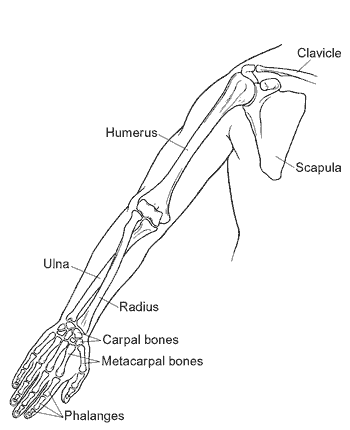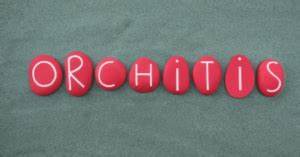
key indications of drosera in homeopathic Materia medica
Drosera, commonly known as the sundew plant, is used as a homeopathic remedy primarily for respiratory and cough-related conditions. It is particularly associated with spasmodic, dry, and irritating coughs.
Here are some key indications of Drosera in homeopathic medica:
- Spasmodic Cough: Drosera is well-suited for individuals who have a persistent, spasmodic cough. The cough tends to come in paroxysms and can be triggered by talking, laughing, or lying down. The coughing fits can be severe and may lead to a choking sensation.
- Dry Cough: The cough associated with Drosera is typically dry and irritating. It can be described as a tickling or scratching sensation in the throat that provokes the cough.
- Cough Worse at Night: The cough tends to worsen at night, often disturbing the person’s sleep. This can be accompanied by an increased sensation of tickling or irritation in the throat when lying down.
- Hoarseness: Drosera may be indicated when there is hoarseness or loss of voice in addition to the cough. The voice may be deep and rough.
- Asthma: In cases of asthma with a dry, spasmodic cough and a feeling of suffocation, Drosera may be considered. It can be especially useful when the asthma symptoms are worse at night.
- Whooping Cough: Drosera is often used in cases of whooping cough (pertussis) where there are severe, paroxysmal coughing fits with a characteristic “whoop” sound at the end of each coughing spell.
- Tonsillitis: It may also be indicated in cases of tonsillitis with a dry, hacking cough and pain in the throat.
- Aggravation: Symptoms are often aggravated by talking, singing, laughing, and lying down. Cold air and cold drinks may also worsen the condition.
- Amelioration: Warm drinks and warm, moist air may provide some relief from the symptoms.
Worked By: Sunitha Asir (Final BHMS)







